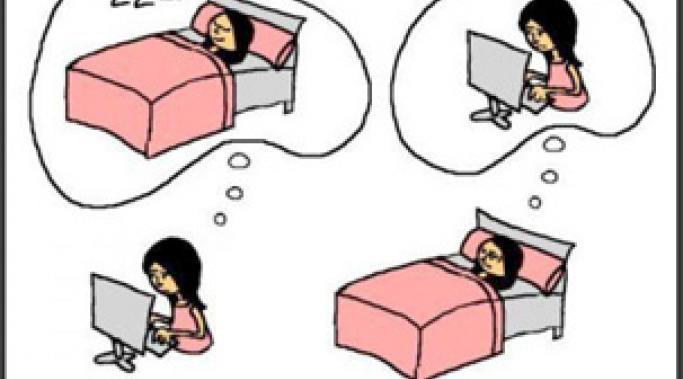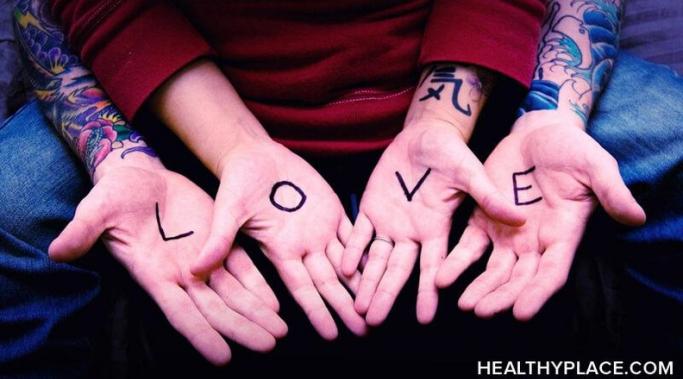The title of this post suggests that I am focusing exclusively on bipolar disorder and this might be true in content, but the symptoms and the experience described below are common within the spectrum of all chronic mental illness. It is a shared experience among those who are diagnosed--and not just with with bipolar disorder--highs and lows, in part, define mental illness.
Mental Health - Recovering from Mental Illness
I have an ulterior motive when writing this blog, rather, I need to vent a bit. I write about the importance of a healthy lifestyle within these blogs: food, diet, exercise, medication compliance, staying away from excess alcohol and even further away from drugs that are not prescribed to us. Far, far, far away, next country far! I mean these things. I practice what I preach.
But I have not, as I recall, mentioned cigarettes. Nicotine addiction. The chemicals that live in them. I have not spoken about this because I pretended that nearly a decade of smoking, now at the age of twenty-six, I had yet to quit. Well, four long days ago I quit. Cold turkey.
Stress is part of all of our lives, not just those of us who live with a mental illness, no, everyone with a heartbeat struggles with stress. Stress can be related to a positive experience, a new job, a new relationship or it can be largely negative. Sometimes, we cannot find reason for it and when you struggle with mental illness, these feelings can be frightening. So, let's explore the feelings, the experience, stress can have on our lives.
When you are first diagnosed with a mental illness, you are presented with the following information: you will probably have to take psychiatric medication for the rest of your life. For the rest of your life! That's tough to hear and to understand.
My physical health doesn't give me trouble as often as my mental illness. I spend a lot more time dodging mental bullets than a cold or flu. But sometimes we get sick. Physically sick. Sometimes, when everything is going well, we wake up feeling like we got hit by a semi.
First diagnosed with mental illness, many of of us feel a little--a lot--angry and confused. We might wonder what we did wrong to deserve a diagnosis that carries stigma and no absolute cure.
Perhaps we feel we will never recover from mental illness, it will follow us through life, biting at our ankles like a dog we wouldn't mind kicking. And that's normal, that's human, there is not a person on this earth that---I will take the liberty to assume---does not have a hard time accepting the diagnosis. At first.
All this aside, putting your mental illness, the diagnosis of it, in perspective is important.
Stigma & Mental Illness
Mental Illness carries stigma.
In my last article, I talked about insomnia and the impact it can have on mental health. I talked about the importance of sleep in our recovery. It can spur feelings that we might be inching close to relapse. Often, insomnia is just insomnia. But oversleeping is different. A lot different. Night and day different--Pardon the horrible pun!
Easier said than done! I recognize a pattern in my posts: I seem to be telling you what you probably already know. I write that recovering from mental illness is exhausting and that taking psychiatric medication leaves something to be desired. But these topics are important and they need to be discussed.
So, let's talk about sleep.
No kidding! I am telling you what you already know. I might be telling you how you felt when you opened your eyes this morning. But let's start at the beginning. Let's recall, and sorry to drag you back to this time, the first time you were diagnosed with a mental illness.
The Diagnosis
"Natalie, you have bipolar disorder."
A whopping twelve years old when these words were thrown on the table. My reaction? How exhausting! The years before the diagnosis? Bloody exhausting!
Next: A small amount of relief. Above all, I was sick and tired of being sick and tired but my life wasn't about to get any easier, no, it was time to try on medication's, fingers crossed they worked, and then fall, defeated, beaten, when they did not.
But this isn't my story. It's probably yours as well. Or, it's the story of someone you love. It hurts to watch them suffer.
Side-Effects, Complications, From Medication
Recovering from mental illness involves medication and medication is exhausting.
The issue with feeling unlovable. The issue? It can be an issue and pardon me for being redundant here. The topic for this post was derived from a comment a reader made. This person mentioned the word unlovable in the context of mental illness. I quickly scribbled the word down and put it away for a couple days.
I open my day-timer today and see the word, UNLOVEABLE, written in large and bold text by my own hands. I sort of grimaced, watching the rain fall from a gray sky outside my window, and wondered if I really had to put it in bold, I mean, it's not as if I have no experience with feeling unlovable. I feel it often, and if you struggle with mental illness, well, perhaps you do too.









